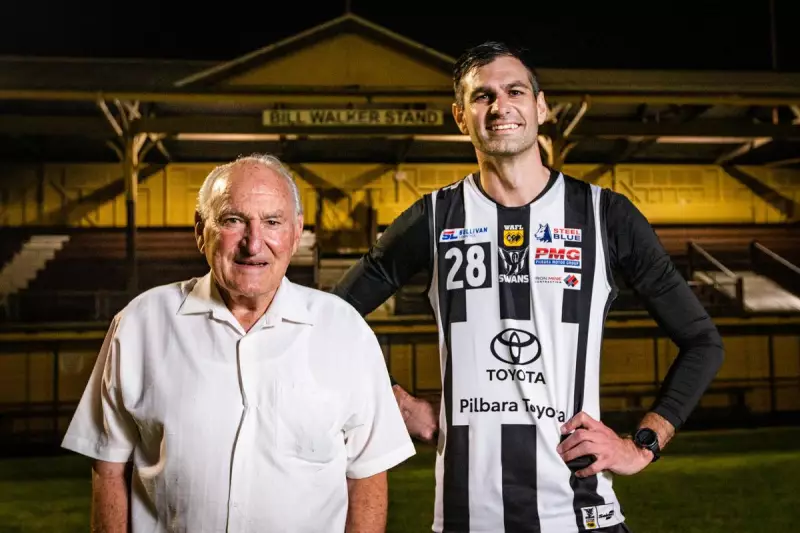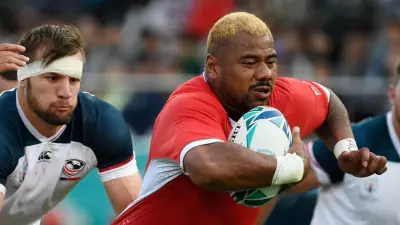
From Wheatbelt Roots to Football Immortality
At 84 years young, Bill Walker, the legendary rover from Swan Districts, has received one of football's ultimate honours – elevation to Legend status in the WA Hall of Champions. The New Zealand-born, wheatbelt-raised footballer reflected on the sport that transformed his life, admitting, "If it wasn't for footy, I would probably still be pulling up mallee roots back in Narambeen."
A Career For the History Books
Walker's football journey reads like something from a storybook. Across 15 seasons from 1961 to 1976, wearing the famous No. 29 jumper, he became Swan Districts' greatest player, a title only recently challenged when Tony Notte broke his club games record last season.
His achievements are staggering:
- Four Sandover Medals (1965-67 consecutively and another later)
- Five club best-and-fairest awards
- 304 games for Swan Districts
- 21 State games for Western Australia
- Captain-coach of Swans for three seasons
- 1969 All-Australian team member
- Australian Football Hall of Fame inductee in 1996
Walker's impact extended beyond his playing days, serving as Swans president from 1983 to 1995, overseeing three premierships during his tenure.
The Making of a Champion
Walker credits two key figures for his remarkable career. His father, Bert "Butch" Walker, who encouraged the then-18-year-old to "have a go" in Perth after he'd won the Styleader Medal in the old Northam country carnival. Remarkably, his father had never seen him play until he joined Swan Districts, working seven days a week on their farm and running a butcher shop in Narambeen for four decades.
The other crucial influence was Jock Morris, a Merredin butcher and junior coach who saw potential in the young Walker when he was rooming at a local hostel to attend school. "Jock Morris taught me how to be a small player," Walker recalled. "He took me under his wing, got me kicking both feet, taught me how to go into packs and get out of them."
Walker chose Swan Districts for two simple reasons: he liked their underdog status after 15 years of struggle, and the practical matter of proximity. "They were closer to Narambeen. In those days the drive was four hours to Perth and if I went to Fremantle, that was another two hours," he explained.
Immediate Impact and Lasting Legacy
Walker's talent was immediately apparent. At just 19, he was leading goalkicker in his first WANFL season in 1961 and booted 5.5 in the grand final to help Swans win their first premiership under captain-coach Haydn Bunton Jr. The club would win the next two flags as Walker cemented his place as second-in-command to Bunton.
He developed a unique playing style, refusing to be confined to the forward pocket. "I'd just rove the whole forward line. I didn't just stand in the forward pocket, which they used to do," Walker said. "So all of a sudden I was the third person up."
Despite football being "a bit tougher than it is today," Walker was never suspended or reported throughout his entire career. He credited boxing lessons from his bush days for this remarkable record. "My dad said 'You're going to be small, learn to protect yourself'," Walker explained. "I used that theory right throughout my career... I never, ever threw a punch in my whole footy career."
His approach was psychological as much as physical: "I was always taught in the boxing ring, always have a smile on your face. Don't let them show you being hurt. I used to cop a few good ones off the ball and I used to smile at them all the time."
The official Hall of Champions presentation will take place on Tuesday night, cementing Bill Walker's status as one of Western Australian football's true immortals.





